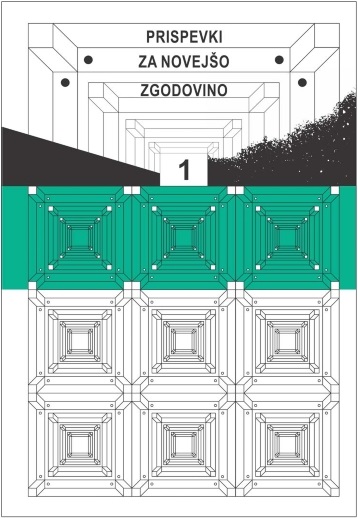Politični sodni procesi in komentarji javnosti ob Nagodetovem procesu
Political Judicial Processes and Public Comments During the Nagode Trial
Author(s): Žiga KoncilijaSubject(s): History of Law, Military history, Political history, Security and defense, Politics and law, WW II and following years (1940 - 1949)
Published by: Inštitut za novejšo zgodovino
Keywords: Slovenia; Yugoslavia; political trials; repression; intelligence and security service; State Security Administration; the Nagode trial;
Summary/Abstract: After the most severe extrajudicial retaliation against the occupiers and their collaborators immediately after World War II, the mass executions in Slovenia were completed. In their stead the courts became the main tools of repression. Many judicial processes took place, initially at the military courts, then at the National Honour Court, and after the middle of September 1945 also at the regular courts. The basic purpose of the political trials was to retaliate against the national traitors (occupiers' collaborators), former politicians, and class or ideological opponents. An important part of the new repression apparatus with an exclusive jurisdiction over the arrests and investigations in case of suspicions of political offences was OZNA (Department for the Protection of People) and later UDB (State Security Administration). One of the tasks of both political police organisations was to establish intricate agent networks and monitor the »pulse« of the public. With a widespread network of informants (in the end of 1950 as many as 24,000 were already registered), the authorities penetrated every segment of the society, controlled it and thus steered the dynamics of the collective mentality. The reports show that people of various profiles were agents and that they were present almost everywhere. The comments made by the public during the trial against the defendant Črtomir Nagode and 14 co–defendants (29 July–18 August 1947), accused of co–operating with foreign intelligence services, establishing a legal opposition against the people's authorities, and associating with hostile emigration, provide us with an interesting insight into the minds of ordinary people. From these comments we can discern what interested the authorities and what people thought.
Journal: Prispevki za novejšo zgodovino (before 1960: Prispevki za zgodovino delavskega gibanja)
- Issue Year: 51/2011
- Issue No: 1
- Page Range: 221-240
- Page Count: 20
- Language: Slovenian

